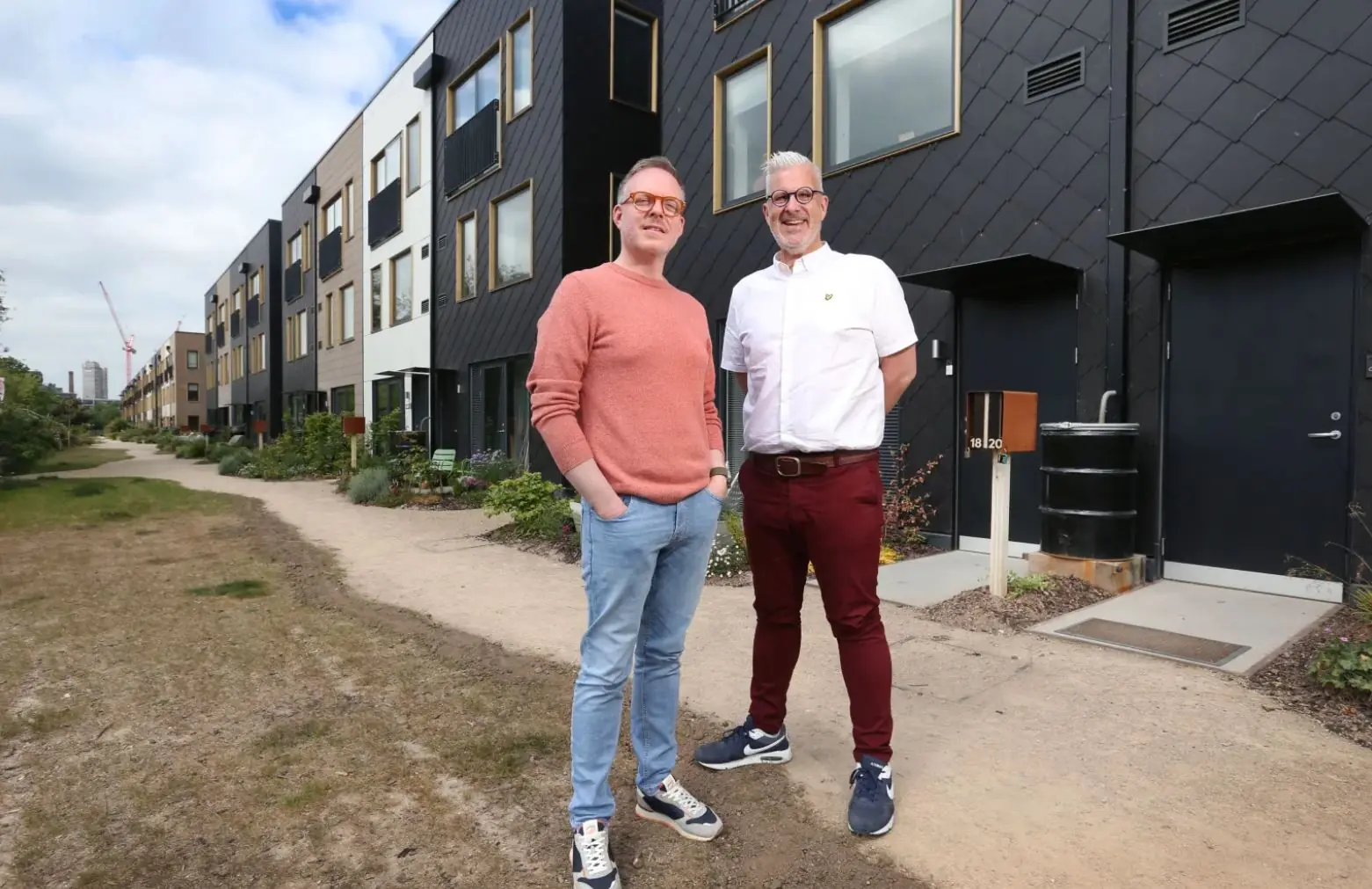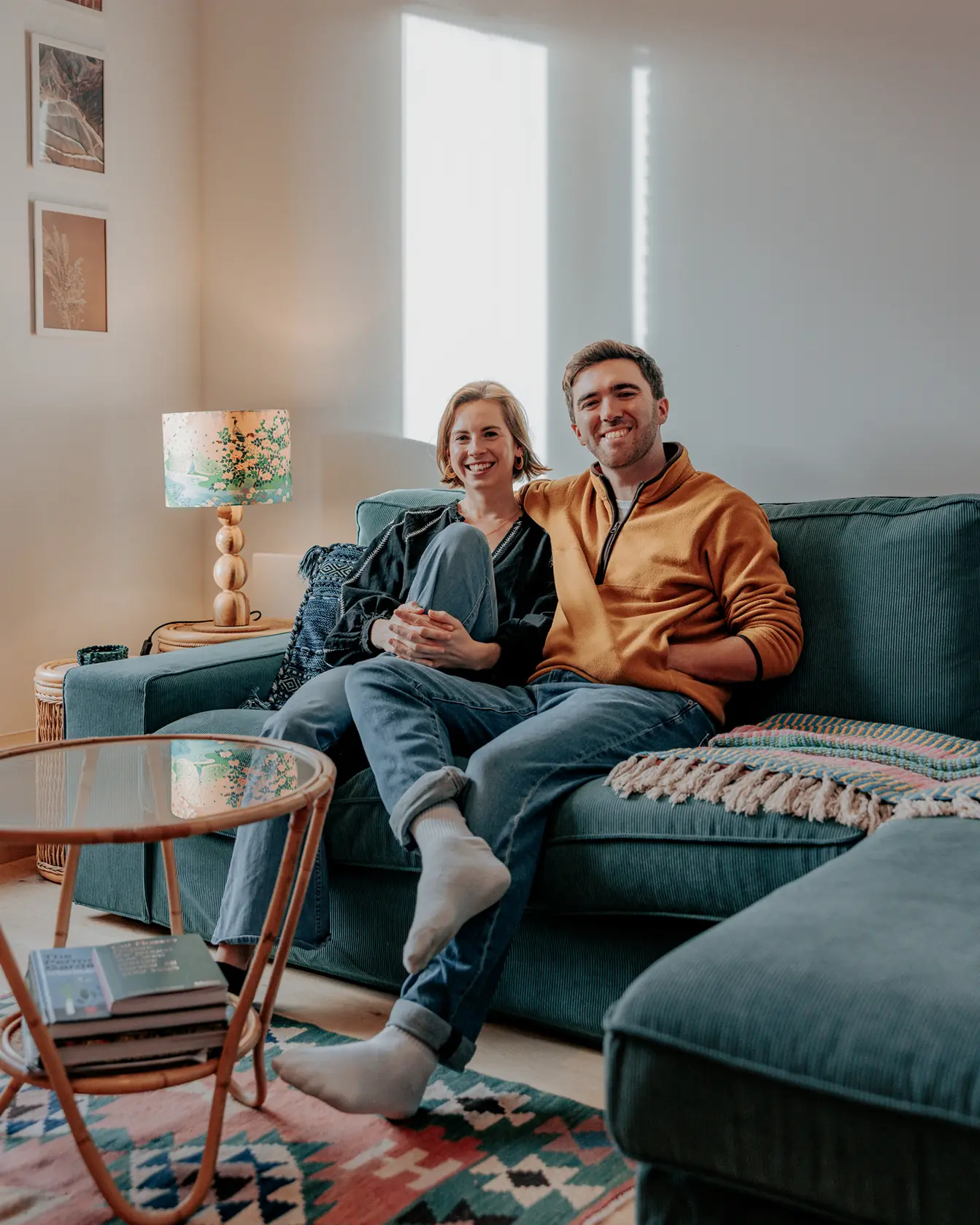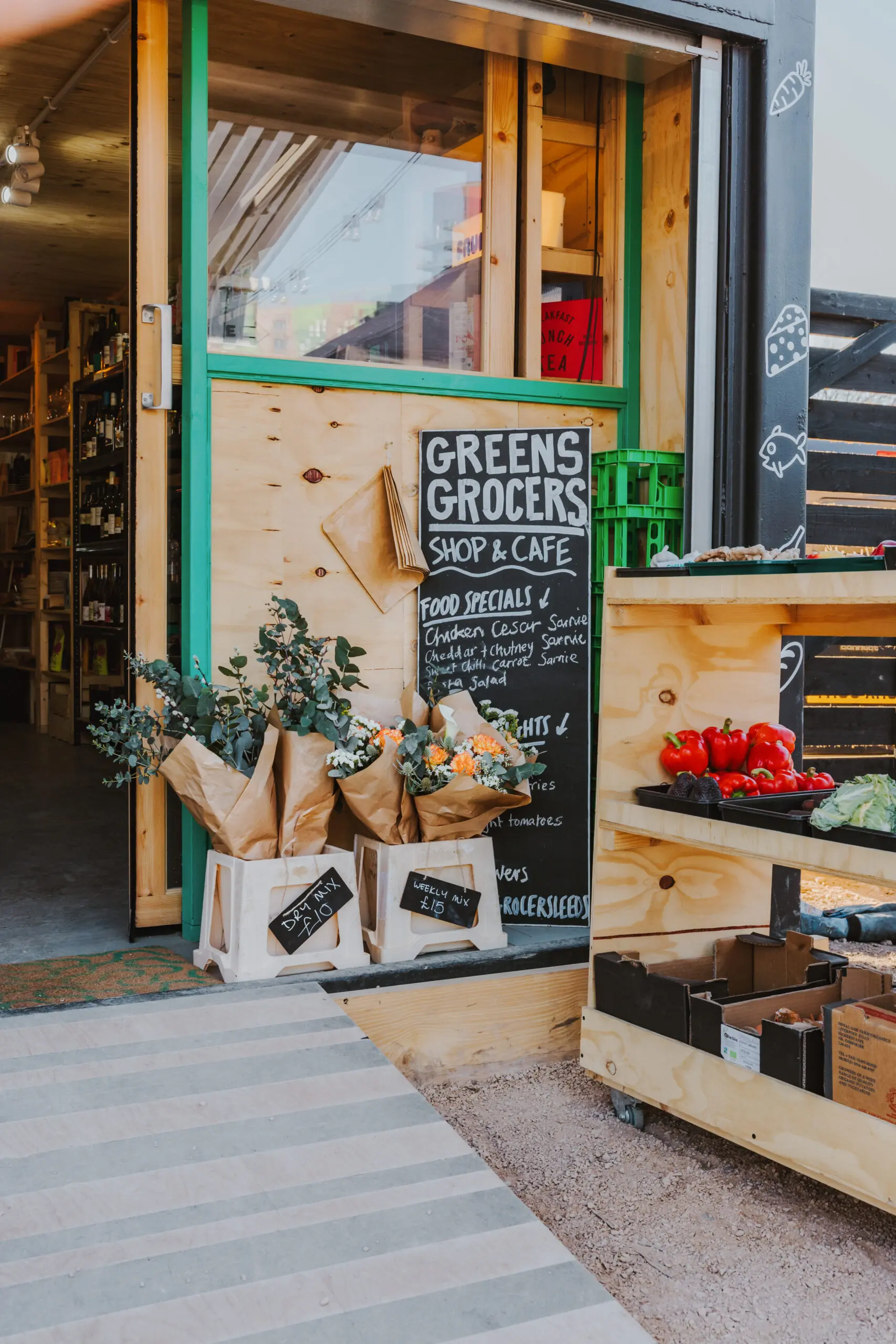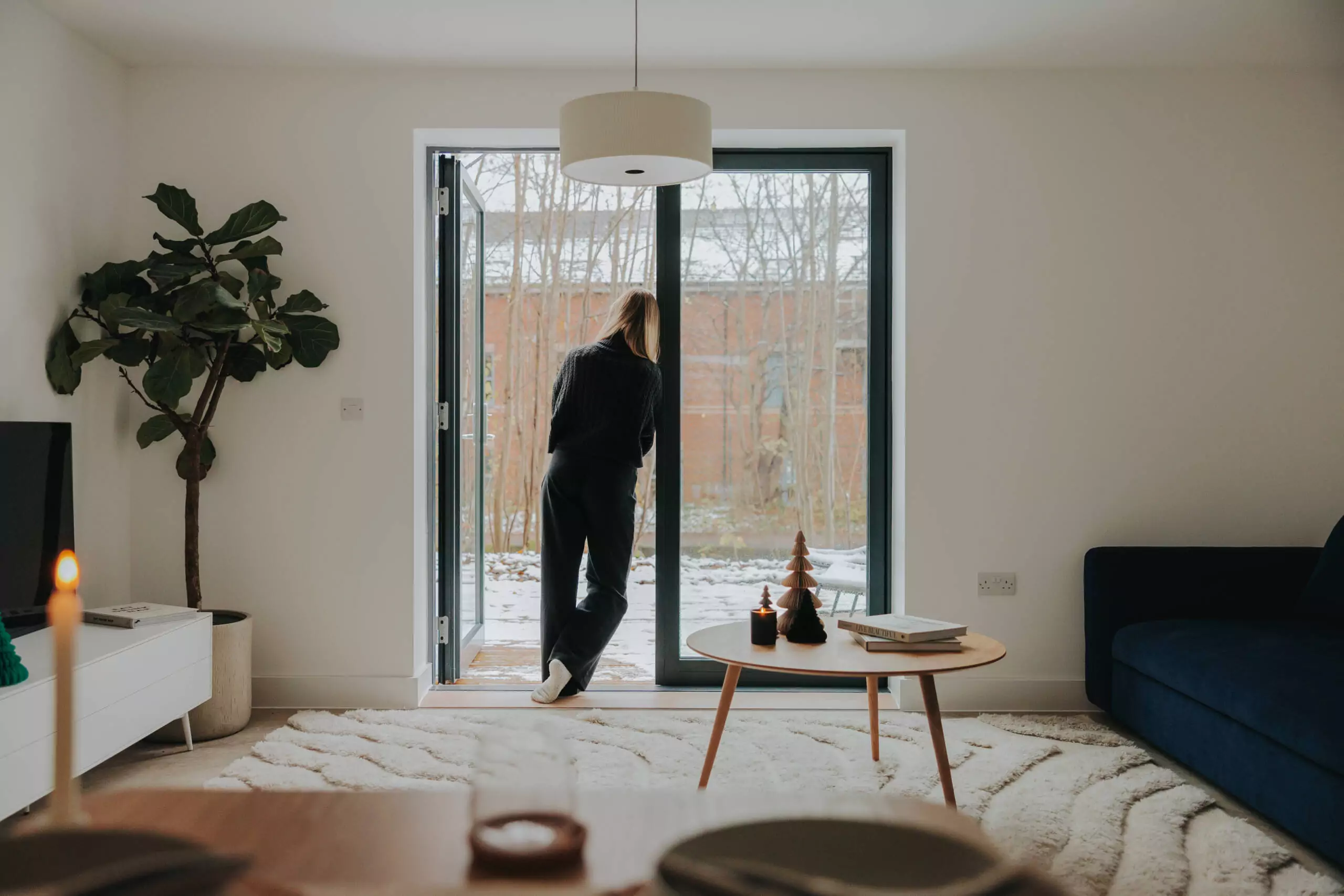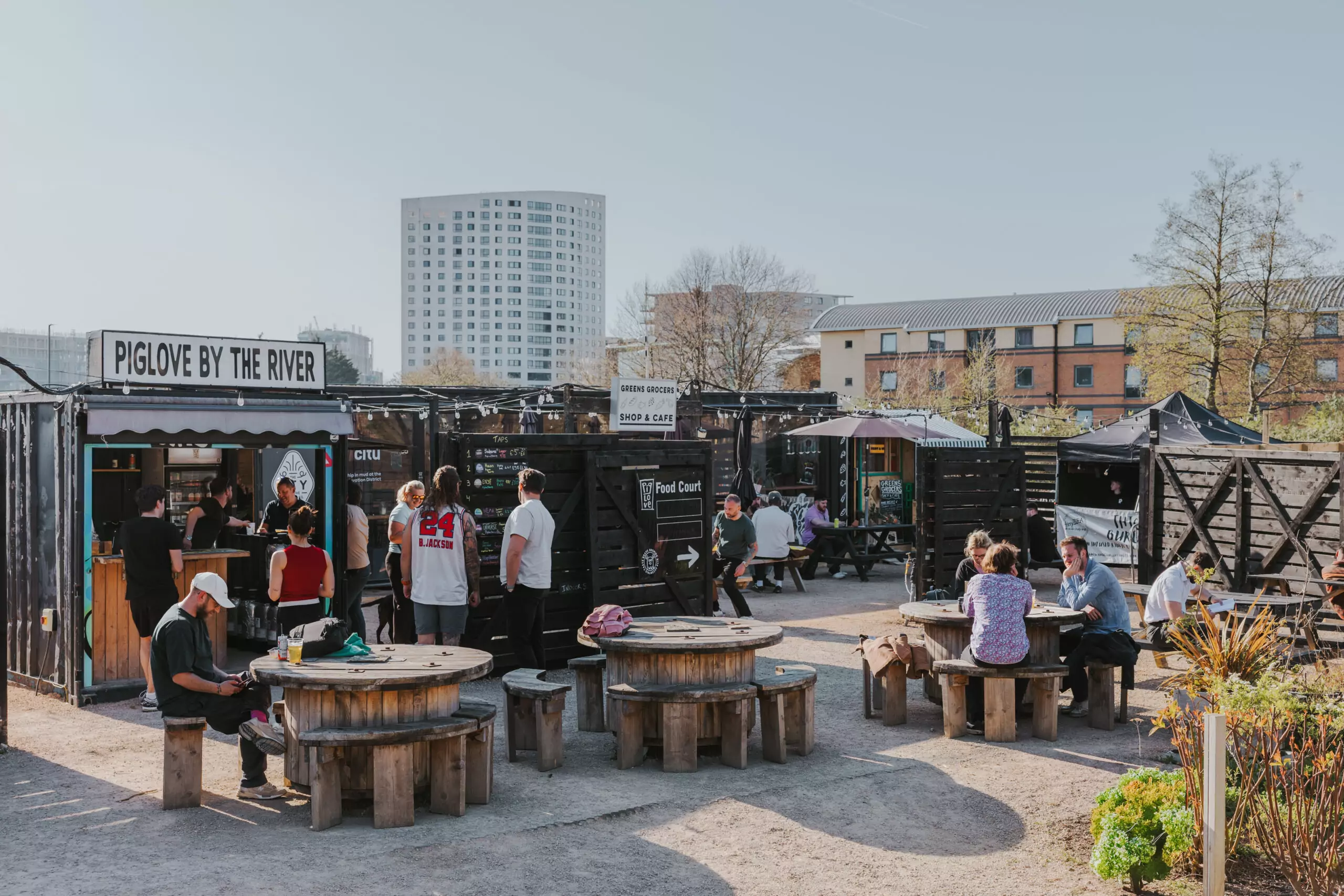
Taken from The Times
From co-housing projects to climate-positive districts, the city is leading the way in affordable, eco-friendly living
Sustainability sells. Nearly two thirds of UK buyers say they are keen to purchase a sustainable home, with lower energy bills the biggest attraction, according to a recent survey by the volume housebuilder Redrow.
Leeds now has a whole net-zero neighbourhood, Citu’s Climate Innovation District, which is just southwest of the centre. By 2030/31, there will be about 1,000 homes here, built to super energy-efficient near-Passivhaus standards, plus an integrated primary school/care home, on around 25 acres of former brownfield land on the banks of the River Aire.
While Climate Innovation District residents chat online via Slack and hang out at the funky taproom Piglove by the River with a Maloca series IPA (named after the communal houses inhabited by indigenous Amazon people), Lilac’s residents — around 50 adults and ten children — are more hands-on. Together they divvy up the shared chores, keeping the buildings maintained, the allotments thriving and the chickens fed, and gather for regular communal meals in the common house. Milk, bread and groceries are delivered in bulk, ten cars are privately owned but shared, and there are three big sheds housing about 60 bikes.
There’s a Scandinavian vibe to the common house, with its open kitchen, low-slung chairs and sunny decor. Colourful bunting, decorated with the words “courage, joy, spirit, celebrate, community, equality and diversity” hangs across the room.
Co-housing isn’t everyone’s bulk-buy bag of rice, but this project set in motion the idea that sustainable homes can work at scale. Chatterton and Jonathan Wilson, 40, Citu’s co-owner and managing director, enjoy an ongoing exchange of views. Wilson says this helps to shape the next generations of sustainable homes. This includes Citu’s latest development, Stãll, a ten-minute walk down the hill from Lilac, in Kirkstall, beside the Leeds and Liverpool canal.
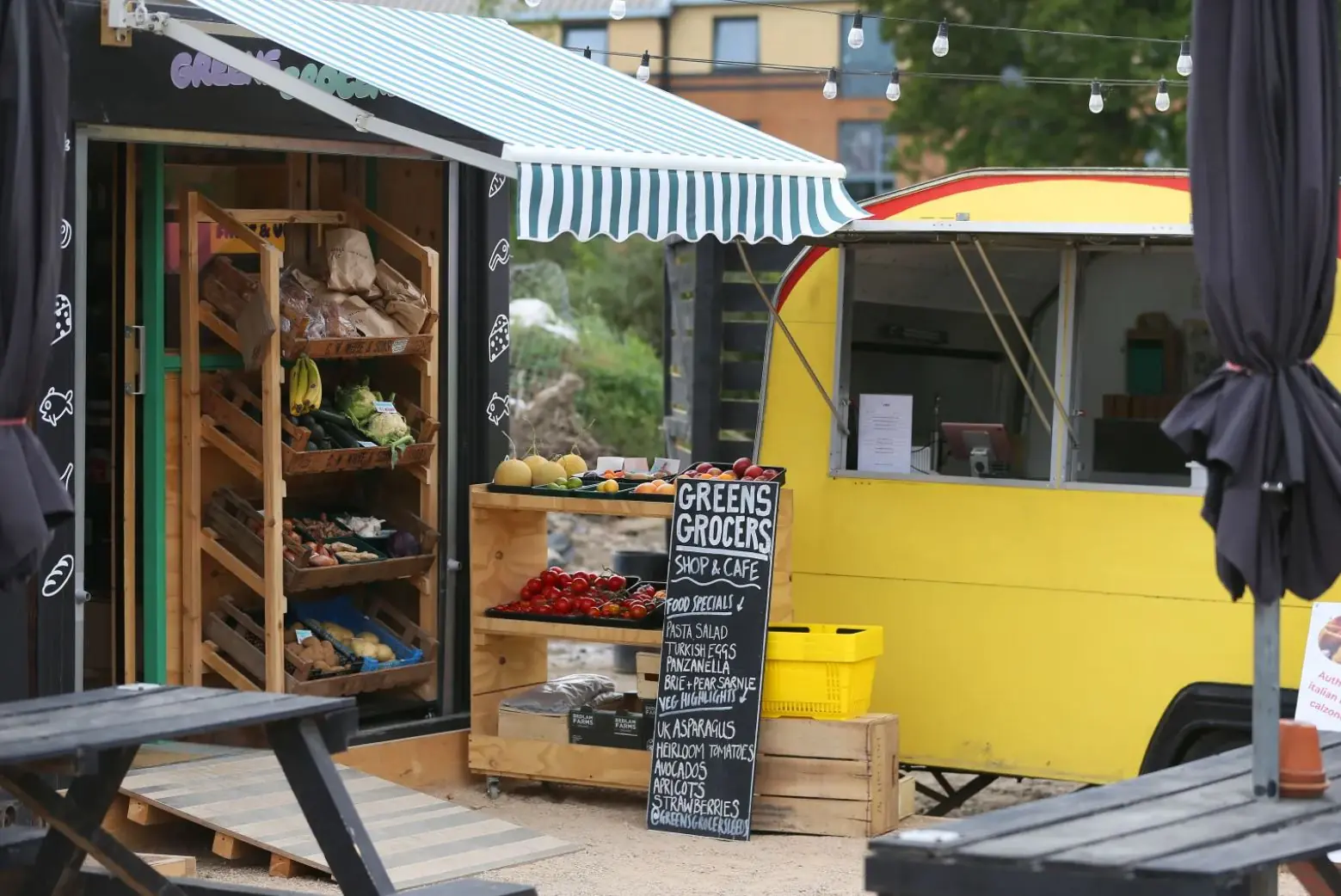
At Stãll, still under construction, there will be 50 homes, all for sale, comprising 24 apartments (currently priced from £182,500) and 26 townhouses (from £450,000).
Stãll stands on the site of a former brick factory, the repurposing of redundant brownfield sites being a common denominator in sustainable development. Timber-framed apartments and townhouses, made at Citu’s own factory to the same energy-efficient specifications as those at the Climate Innovation District, are arranged around a central area, planted with native self-seeding wildflowers.
As a narrow boat drifts serenely by, Jane and Pete Zanzottera, the first residents to move in, welcome us to their open-plan kitchen/dining/living room to explain why they took the decision to uproot to a new canalside townhouse after 22 years living in a Victorian terrace in Armley to the west of the city.
They were driven by a desire to be fossil-free — air source heat pumps and solar panels provide energy — and surrounded by green space. With their two children, Maisie, 22, and Joe, 19, reaching adulthood, they also had a yearning to simplify their lives.
“I was really trying to eliminate fossil fuels from everything we did,” says Pete, 62, an active travel planner. “We managed to stop using the car. We wanted to try and stop using gas heating. Just despairing about the planet really. You can’t unlock the climate crisis from everything else. We did a lot, but [further work] would have involved tearing the house to bits, it would have meant insulating from the inside. It’s not the economics of it for me, it’s the conviction of it.”
Although the couple already have an allotment, where Pete holds the proud title of the only person to grow his own puy and brown lentils. For Jane, 49, who works for Leeds city council in arts education, a major factor was gaining her own green space, bigger than the backyard in Armley.
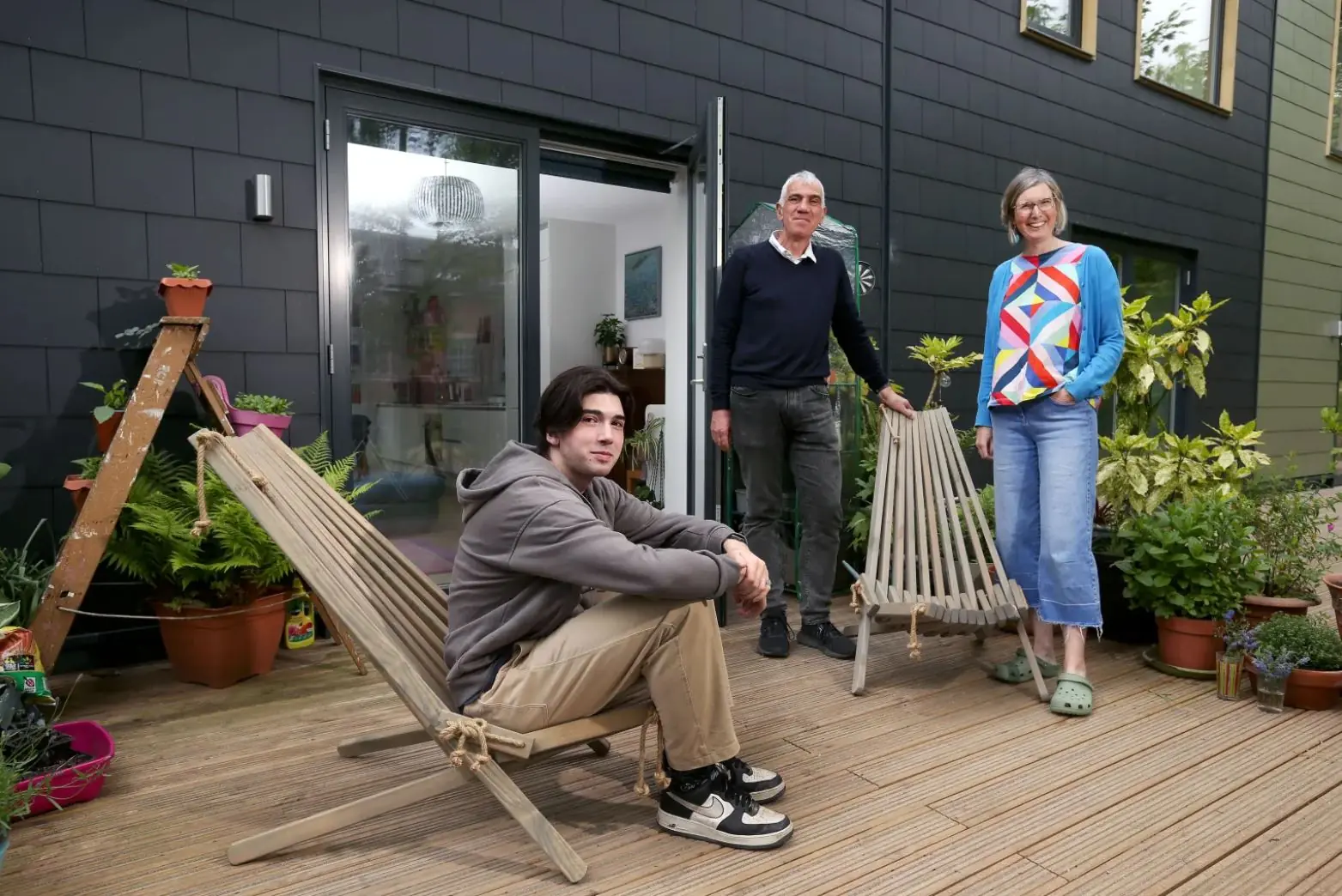
At the Climate Innovation District, houses and apartments are available to buy and rent. About 300 are completed, built in the on-site factory using timber and OSB (oriented strand board) sealed and bound panels insulated with a recycled timber byproduct.
One-bedroom apartments start at £235,000, with four-bedroom townhouses from around £500,000. For the next five years, while Citu is on site, 30 per cent of homes will be available for rent. Currently, one-bedroom properties are £1,150 per month, two-bedroom £1,450 and four-bedroom £2,000.
By whatever parameters you define sustainability, key principles include low or zero-carbon build methods, fossil-free energy, living as car-free as possible, design that promotes healthy living, from daylight-maximising glazing to gardens, and communal living, encouraging meaningful social connections.
At the Climate Innovation District, 27-year-old first-time buyers Annie Green, a marketing account manager, and corporate banker Mike Collins have also been surprised by the community spirit. “Everyone’s really helpful with car-parking spaces, things for sale, looking out for people’s pets,” Green says. Collins plays football for the site’s five-a-side team, and golf with a couple of residents. “Plus, on the energy side, the bills are great,” he says. “We don’t have our heating on for nine months of the year.”
There are no cars on the landscaped streets, planted with native species by Claude, the on-site gardener, who propagates 70 per cent of the plants himself, but some underground parking is available. Most people walk or cycle to work, and it’s a seven-minute bike ride to the central railway station.
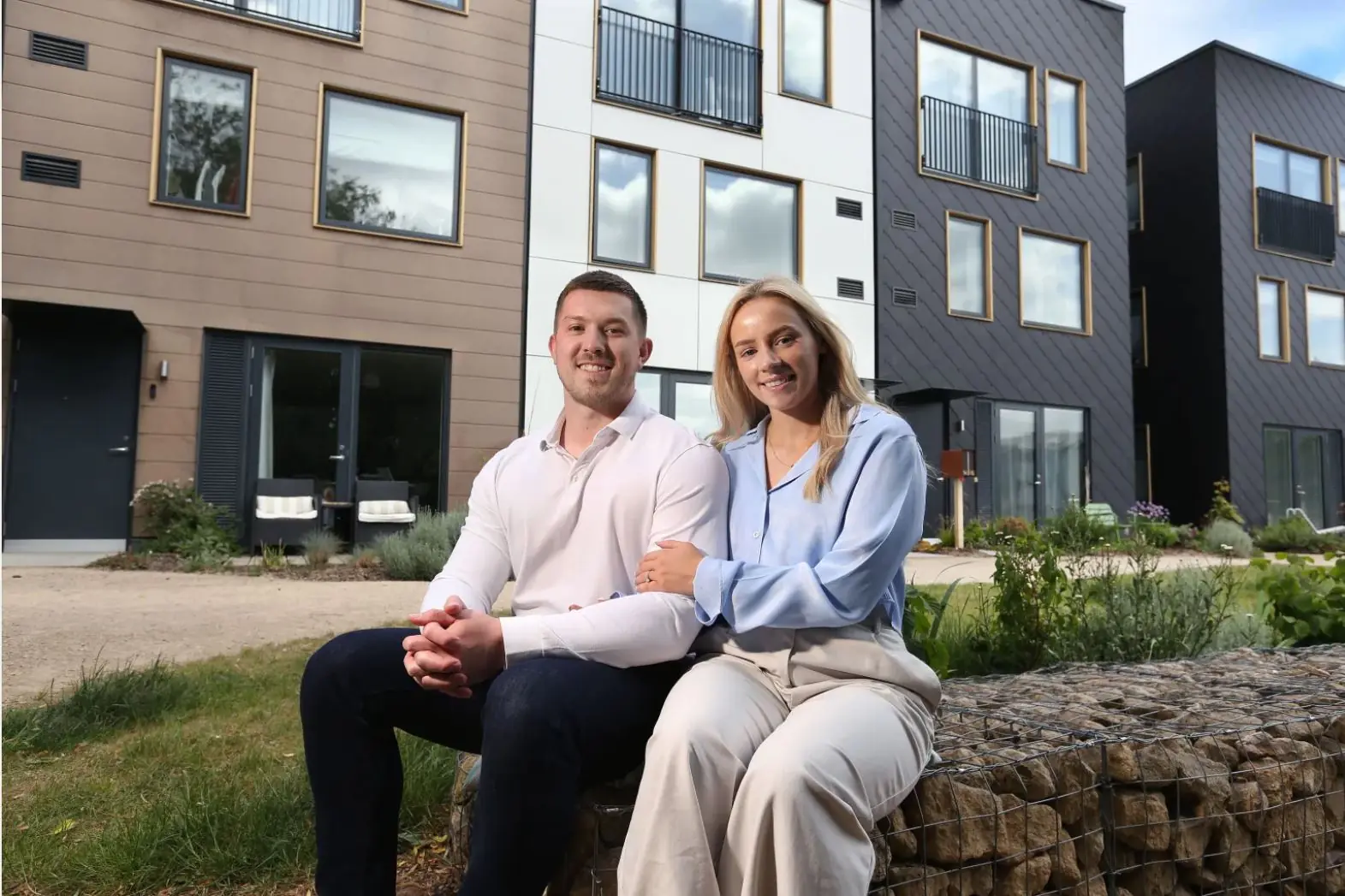
Darren Ging, 50, an inclusion Send advisory teacher, and Richard Hill, 46, who works in HR for a global logistics company, moved here to a four-bedroom waterfront end-of-terrace townhouse from a six-bedroom detached house in Bardsey, a village north of Leeds. It’s been quite the lifestyle shift, they say.
On their pre-purchase scouting visits, they were impressed to find a friendlier vibe at the Climate Innovation District than in their village. “Bardsey was very isolating, the way I’d describe it would be as a monocultural area,” Ging says. “But this is how communities used to be. We found it quite strange when we first moved in that people were polite and said, ‘Hello!’”
They’ve got rid of their second car. Being able to walk into Leeds for socialising and restaurants is a huge benefit: “I wish we’d done this years ago,” Ging says. “We go out more, we do more stuff. From a mental health point of view, I think we’re living a better life.”
Inside and out, Citu’s houses and apartments are contemporary in style, but there are still preconceptions to be challenged. “My parents are very, very traditional,” Hill says. “The idea of living in a wooden house, in this part of the city, they really, really struggled with. They thought we were crazy, to be honest.”
“We’re constantly evolving,” Wilson says, over coffee at the Climate Innovation District’s general store, Greens Grocers, operated by local sustainable food pioneer Eat Your Greens. “One example would be the big shift towards bringing in air source heat pumps. Previously we had electric boilers. But one of the changes we’re really proud of is to make the construction really transparent. That’s why we’ve put the factory on site, so people can actually see their homes being built.”
Wilson and fellow owner Chris Thompson live here too. “That’s important, we’re here every day, walking around, noticing everything,” Wilson says. “We’ve used our own houses to trial ideas and tweaks, I think we’re on version seven or eight now. We already know that we can build sustainable homes and communities that people want to live in, and we will continue to innovate.”
As well as its original zero-carbon scheme at Kelham Island in Sheffield, Citu is also now on site at Attercliffe Waterside in the city, planning to build up to 1,000 zero-carbon homes, plus a café, bar, bakery, restaurant, offices and multi-purpose venue on this post-industrial spot beside the River Don.
